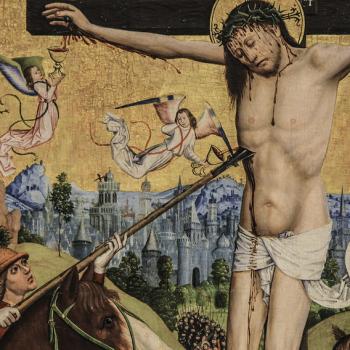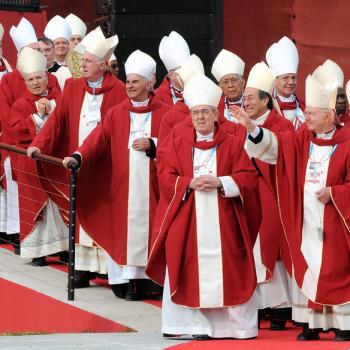I did not know this about John Milton, one of my favorite authors. The 17th century blind Puritan poetic genius contributed more new words to the English language than anyone else:
According to Gavin Alexander, lecturer in English at Cambridge university and fellow of Milton’s alma mater, Christ’s College, who has trawled the Oxford English Dictionary (OED) for evidence, Milton is responsible for introducing some 630 words to the English language, making him the country’s greatest neologist, ahead of Ben Jonson with 558, John Donne with 342 and Shakespeare with 229. Without the great poet there would be no liturgical, debauchery, besottedly, unhealthily, padlock, dismissive, terrific, embellishing, fragrance, didactic or love-lorn. And certainly no complacency.
“The OED does tend to privilege famous writers with first usage,” Alexander admits, “and early-modern English – a composite of Germanic and Romance languages – was ripe for innovation. If you couldn’t think of a word, you could just make one up, ideally based on a term from French or Latin that others educated in those languages would understand. Yet, by any standards, Milton was an extraordinary linguist and his freedom with language can be related to his advocacy of personal, political and religious freedoms.”












